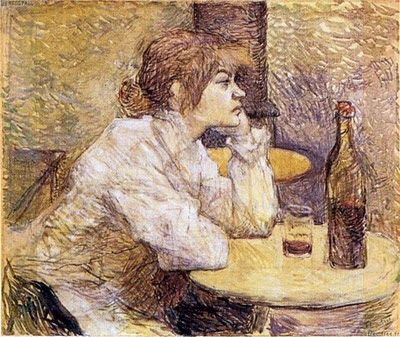I
Consider,
please, this dish of ratatouille.
Neither will it invade Afghanistan
or boycott the Olympic Games in a huff.
It likes the paintings of Raoul Dufy,
It feeds the playboy and the working man.
Of wine and sun it cannot get enough.
It has no enemies, no, not even
Salade Niçoise or phoney recipes,
Not Leonid Brezhnev, no, not Ronald Reagan.
It is the fruits of earth, this ratatouille,
And it has many friends, including me.
Come lovers of ratatouille, and unite!
II
It is a sort of dream, which coincides
With the pacific relaxations called
Preferred Reality. Men who forget
Lovingly chopped up cloves of ail, who scorn
The job of slicing two good peppers thinly,
Then two large onions and six aubergines -
Those long, impassioned and imperial purples -
Which, with six courgettes you sift with salt
And cover with a plate for one round hour;
Or men who do no care to know about
The eight ripe pommes d'amour their wives have need of,
Preparing ratatouille, who give no thought to
The cup of olive oil that's heated in
their heaviest pan, or onions, fried with garlic
For five observant minutes, before they add
Aubergines, courgettes, peppers, tomatoes;
Or men who give no thought to what their wives
Are thinking as they stand beside their stoves
When seasoning is sprinkled on, before
A bouquet garni is dropped in - these men
Invade Afghanistan, boycott the Games,
Call off their fixtures and prepare for war.
III
Cook for one hour, and then serve hot or cold.
Eat it, for preference, under the sun,
But, if you are Northern, you may eat
Your ratatouille imagining Provence.
Believe me, it goes well with everything,
As love does, as peace does, as summers do
Or any other season, as a lifetime does.
Acquire then, for yourselves, ingredients;
Prepare this stew of love, and ask for more.
Quick, before it is too late. Bon appétit!
Douglas Dunn
b. 1942
Poet, Academic, Critic







